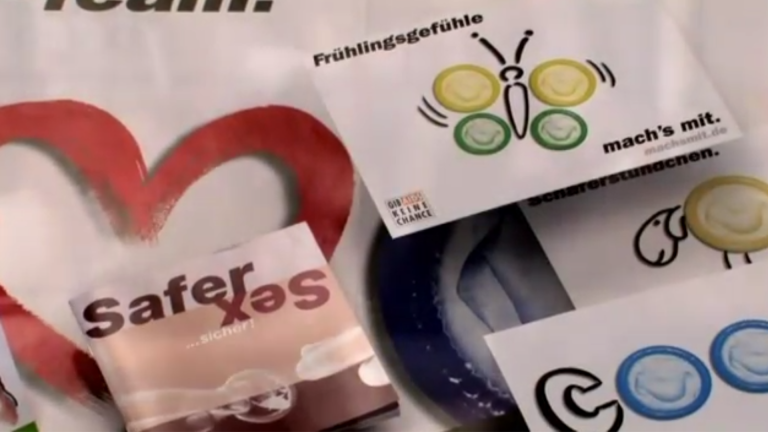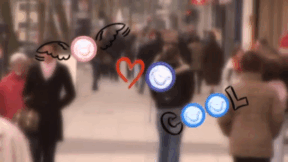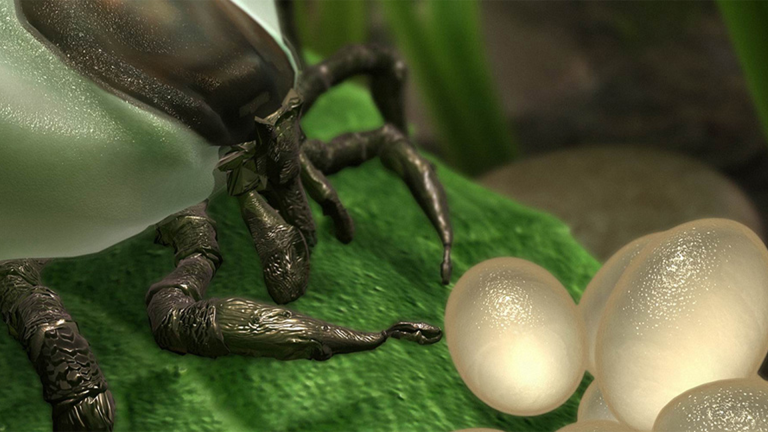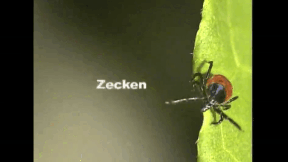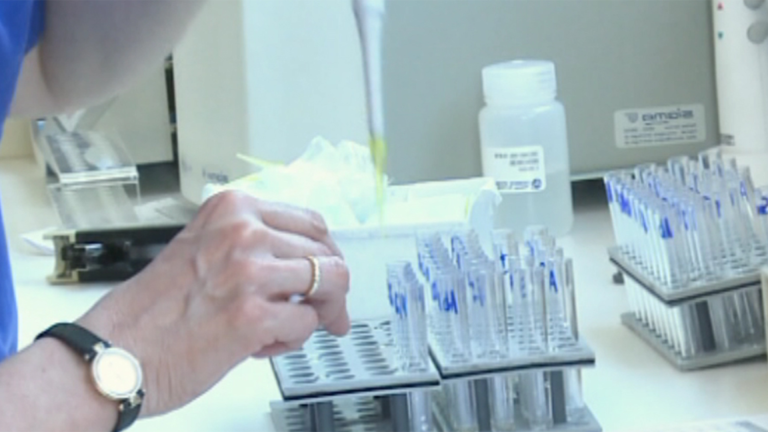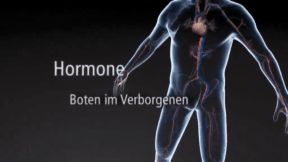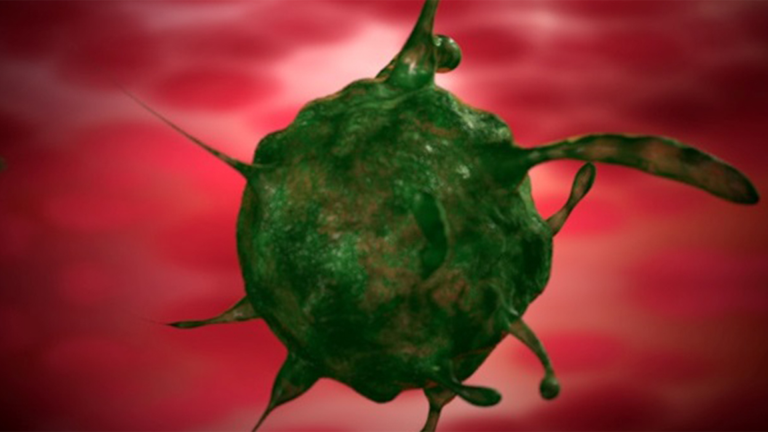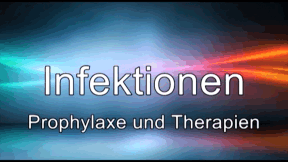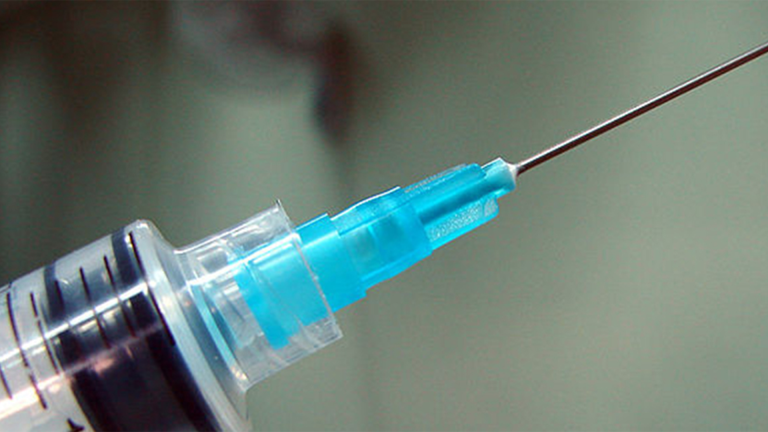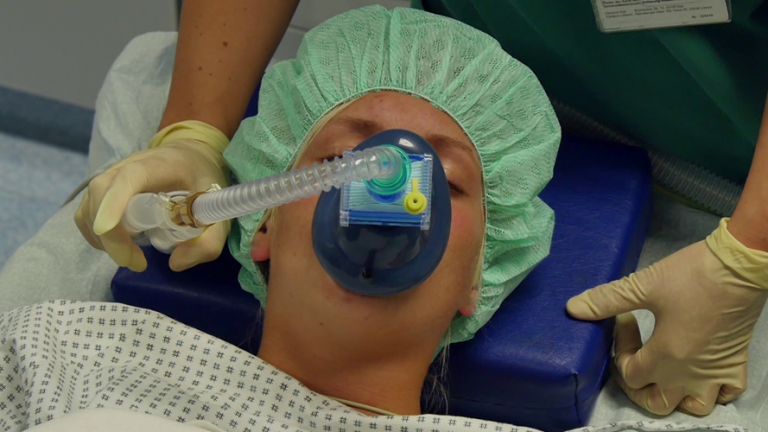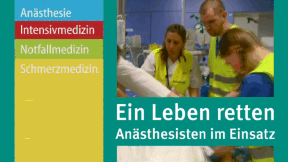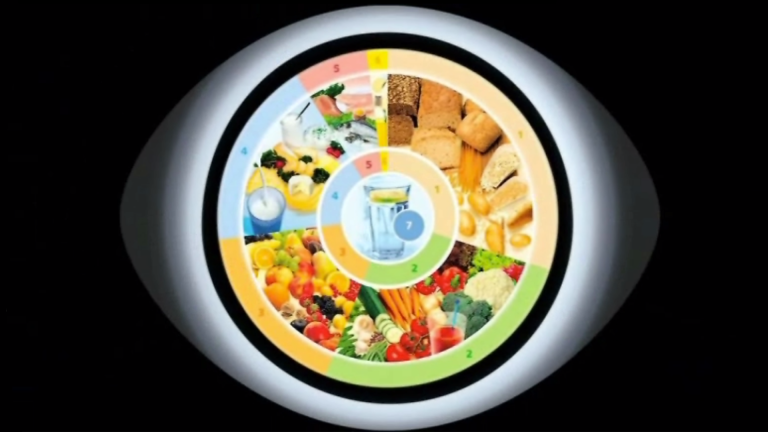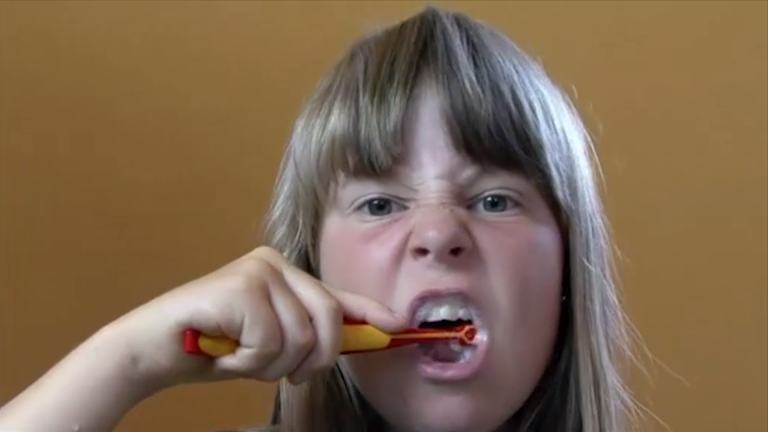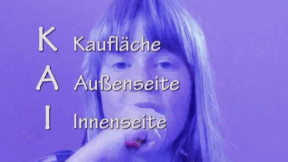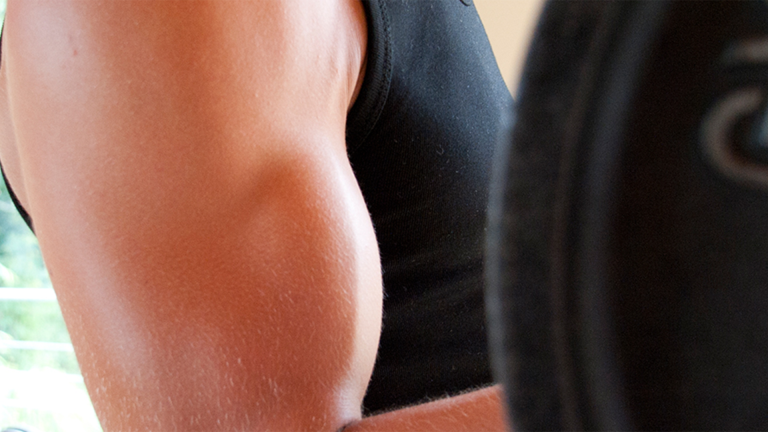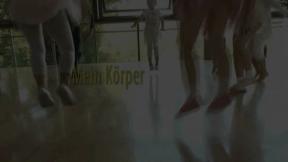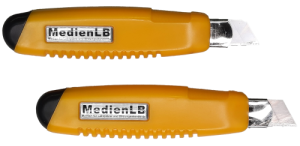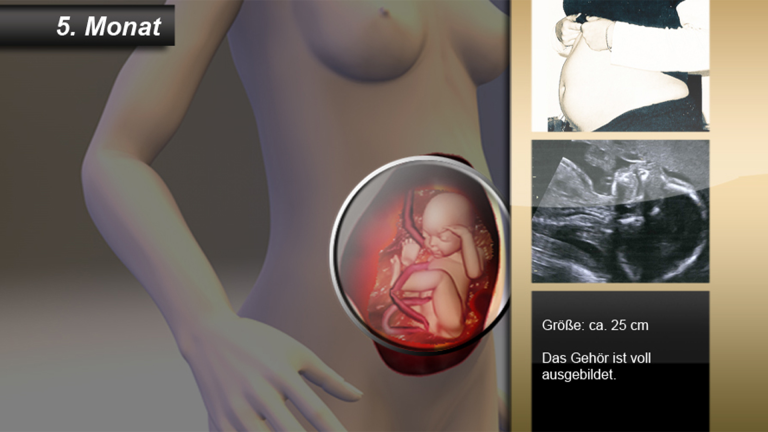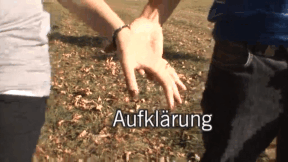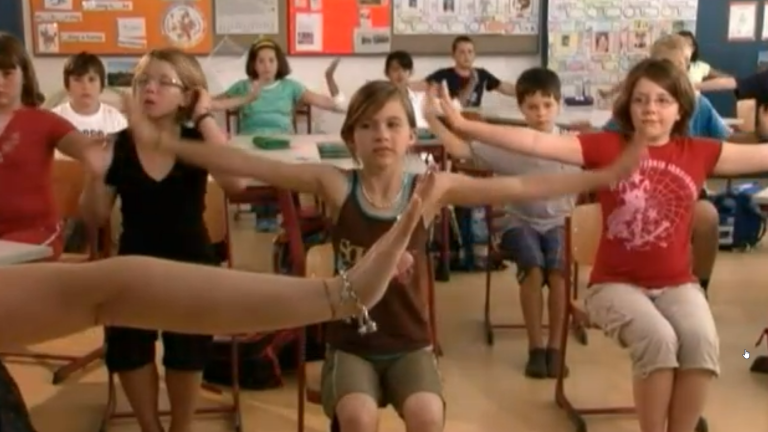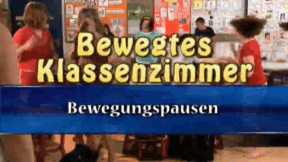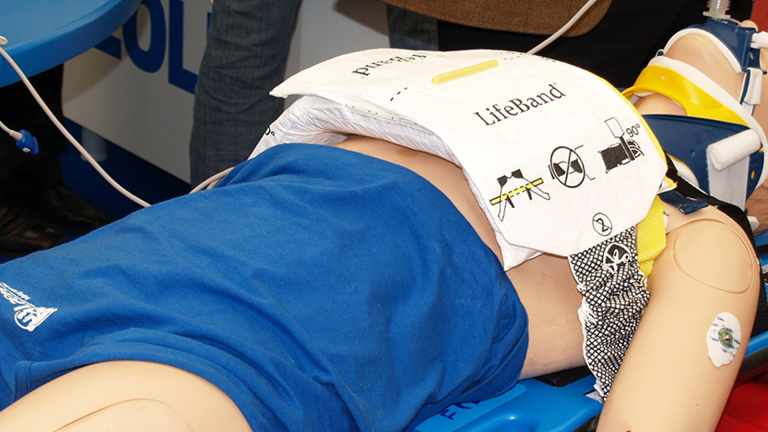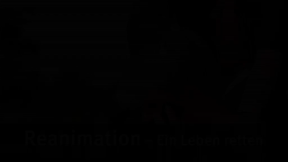Suche:
- # Artistry
- # Biology
- # Chemistry
- # Ecological
- # Economy
- # English
- # Foreign Language
- # Geography
- # German
- # Health
- # History
- # Informatik
- # Latin
- # Mathematics
- # Media Education
- # Music
- # Physics
- # Politics / Civics
- # Preschool
- # Primary School
- # Religion
- # Society
- # Sports
- # Technology
- # Training of Teachers
- # Vocational Education
Aids
AIDS is an issue that remains critical in view of the globally increasing infection rates. This DVD informs pupils on the immune deficiency disease and the ways in which the infection is passed on, it shows the scale of the pandemic and tries to make the young viewers aware of the difficult situation of those afflicted by it. Impressive original pictures demonstrate the commitment of voluntary helpers in the AIDS hospice run by the Brother- hood of the Blessed Gérard in Mandeni, South Africa. A visit to the Munich-based AIDS-Hilfe e.V. provides the pupils with an overview of the assistance and care offered by municipal AIDS relief organisations. Further, they gain an insight into everyday life at ZIK – a housing project for people tested HIV positive in Berlin. Firsthand reports from young infected persons directly address the pupils and warn them against “unsafe sex”. The extensive didactic accompanying material provides detailed information on HIV and AIDS and encourages responsible behaviour towards oneself and others. The DVD is made up of five didactic units that can be individually accessed via the DVD menu.
Learn moreTicks
Already the dinosaurs, which populated the Earth some 90 million years ago, were familiar with the tiny, dangerous pests, and the Greek poet Homer attributed healing and potency-enhancing effects to them in the late 8th century BC – however, only in pulverised form. The animals described are those clingy, blood-sucking mini-vampires – the ticks. In fact, they are parasites dangerous to us humans; not because of the amount of blood they extract but due to the diseases they can transmit in doing so. This film invites you to visit the family of the small parasites of the phylum Athropoda belonging to the class of Arachnida.
Learn moreHormones
Hormones influence our lives. Just like our nervous system, they transmit information in our bodies. When our hormonal balance is disrupted, our behaviour changes and we may fall ill. But what are hormones? Why have they got such a big influence? Where are they produced? And how do they work? The film leads us inside the human body – into the world of hormones. We learn that there are various hormones, where these are produced and how they work. We get acquainted with people whose lives have been influenced by a hormone deficiency or a hormone excess.
Learn moreInfections
’Health isn’t everything but everything is nothing without health.‘ – This clever sentence comes from the German philosopher Arthur Schopenhauer. Since the introduction of antibiotics we are hardly aware of infectious diseases as a threat to our health anymore. However, how important successful prevention and therapy are is shown in the fact that in Germany alone about 50,000 deaths are caused by infectious diseases every year. Infections are the second most common cause of death worldwide. According to an estimate of the World Health Organisation more than 30% of deaths worldwide are related to infectious diseases. Most of them affect people in poorer countries and over 15 million people die of infections worldwide.
Learn moreVaccination
It is only in recent years that a vaccination has existed that is supposed to lower the risk of getting cervical cancer. This vaccination can protect against specific, sexually transmitted human papillomaviruses that are considered one of the causes for cervical cancer.
Learn moreSave a Life
Operations are performed under anaesthesia. There are different kinds of procedures, ranging from general anaesthesia to regional or local anaesthesia.
Learn moreHealthy Diet
No matter whether we write, read, sleep or move, we always use up energy. Imagine your body is like a car. It needs petrol to be able to move. You can't play, romp about and learn without eating and drinking either. Your body needs cellular components. These are substances which build up your body. And it must be supplied with them again and again. These components are also called nutrients. They are called protein, fat and carbohydrates.
Learn moreYour Teeth
This DVD demonstrates that a regular and thorough brushing of your teeth is the foremost condition for their lifelong health. At the same time, pupils learn that food that doesn‘t damage their teeth is decisive, too, in keeping them healthy. Moreover, the film provides information in simple and comprehensible terms on the structure and function of the different kinds of teeth and the necessity of seeing a dentist regularly. The DVD focuses especially on the following aspects of the topic: oral cavity (different parts, bacteria, purposes of saliva); dentition (kinds of teeth and their properties and functions, outward structure, milk teeth, teething, dentition); structure (inner structure, milk tooth as a place-holder, sugar – the enemy of your teeth, caries, food); dental care (tools for cleaning your teeth, brushing techniques); the dentist (a look at a dentist‘s surgery, dental treatment).
Learn moreMy Body
All human beings in the whole world have the same physique. However, we differ from each other in sex, height and weight as well as in skin and hair colour. The way we move, too, is different with each individual person. This film shows the uniqueness of humans and the distinctiveness of each body. Touch is a basic need of humans – there are good and bad kinds of touch. We learn to say “No!” in the case of unpleasant touches to protect our bodies. Zur Lesekompetenzförderung kann, über das Menü ihres DVD Players oder der Abspielsoftware, der deutsche Untertitel eingeschaltet werden.
Learn moreSex Education
The creation of a new human being is a miracle. Children are interested in where they come from. They want to know how a baby gets into the mother’s womb, how it develops inside and is finally born. The film answers questions about fertilisation, pregnancy and birth. As an introduction similarities and differences of men and women are presented and explanations are provided about what role the male and female sexual organs play in procreation. Subsequently the topic of fertilisation is dealt with. The development of the fertilised egg cell into the embryo and finally the foetus is described. The pupils learn about the baby’s stage of development in any month of pregnancy. Then the progression of a birth is described. Eventually the film explains how the new-born baby must be cared for, what it needs and what it cannot do yet. Together with the extensive accompanying material the DVD is eminently suited for use in the classroom.
Learn moreActive Classroom
Movement is healthy! It furthers activation or relaxation, strengthens the muscles and improves coordination. Often a few minutes are enough when during lessons you have short breaks for action units in the classroom. Sabrina Schamberger and Sherin Watzlawzyk-Sutter demonstrate with their classes how, apart from the acquisition of knowledge, also various groups of muscles can be trained during lessons. Activating movement games stimulate the circulatory system and offer relaxation from concentrating and sitting still. Rock music does not only help during short games, it also sets the rhythm for dances of various degrees of difficulty.
Learn moreResuscitation
It can happen to anyone – of any age, in any place, at any time. Sudden cardiac arrest may quickly prove fatal. Immediate action is called for! Just remember: Check Call Press Anyone can do it. You can't do anything wrong!
Learn more



